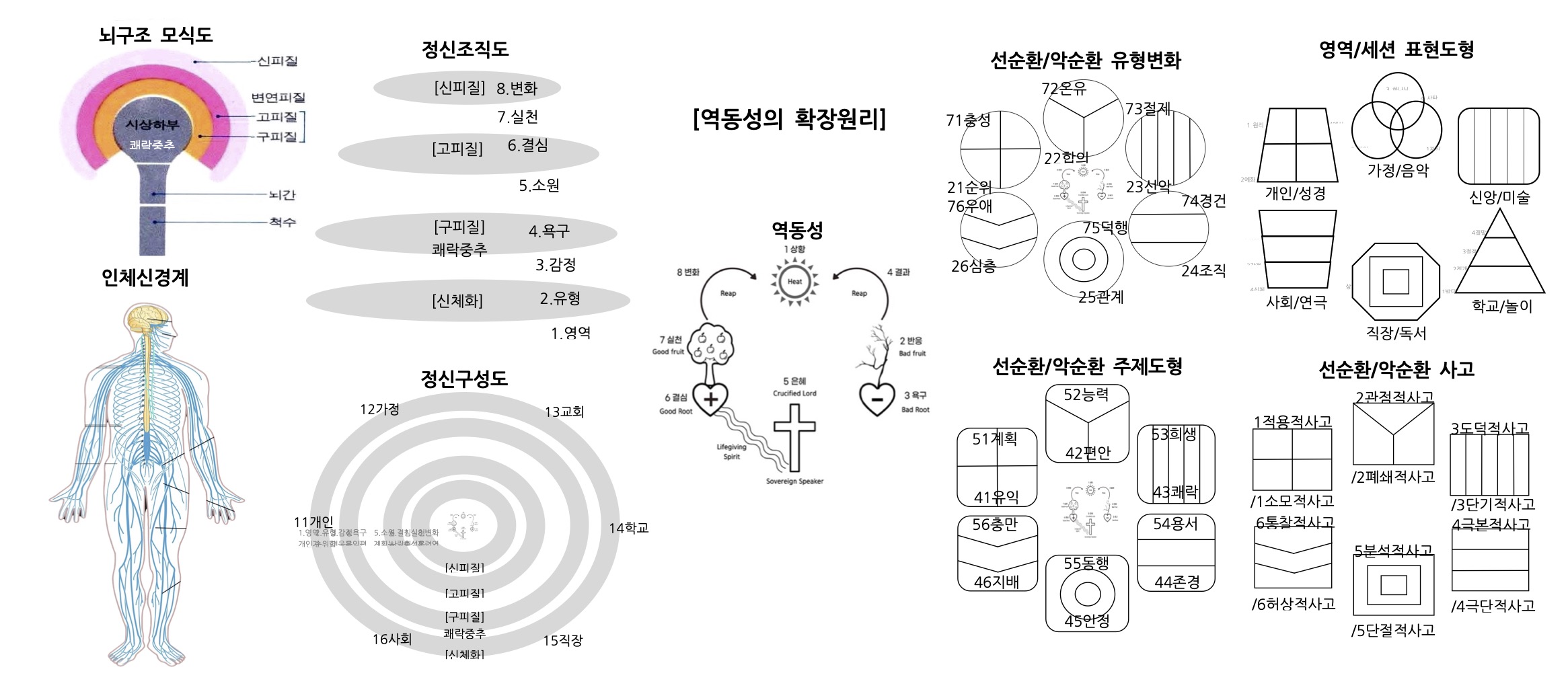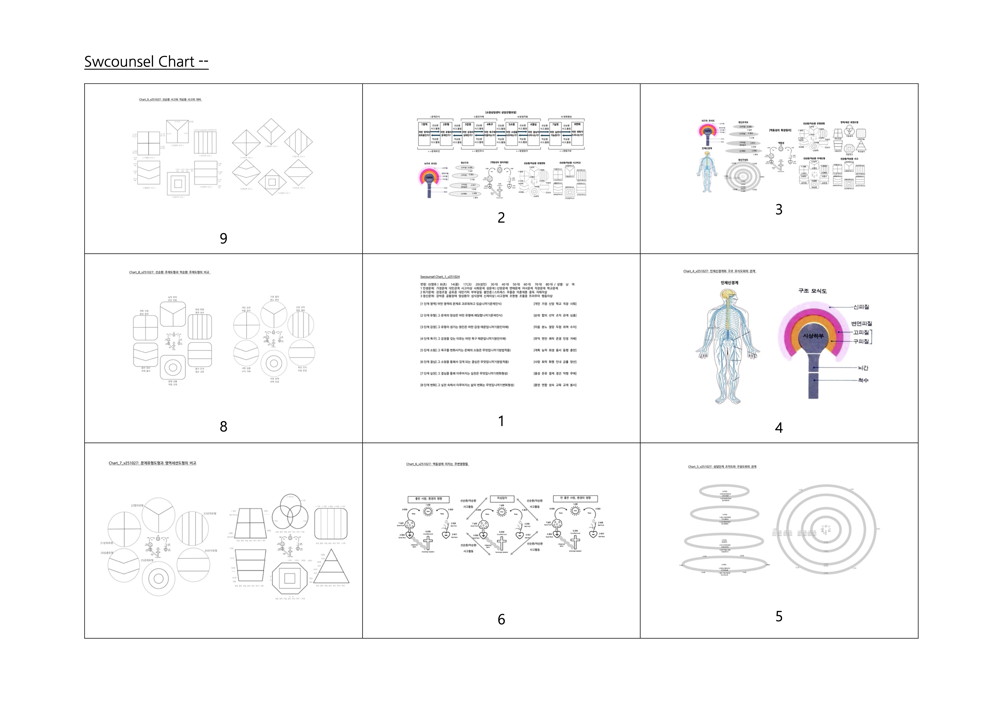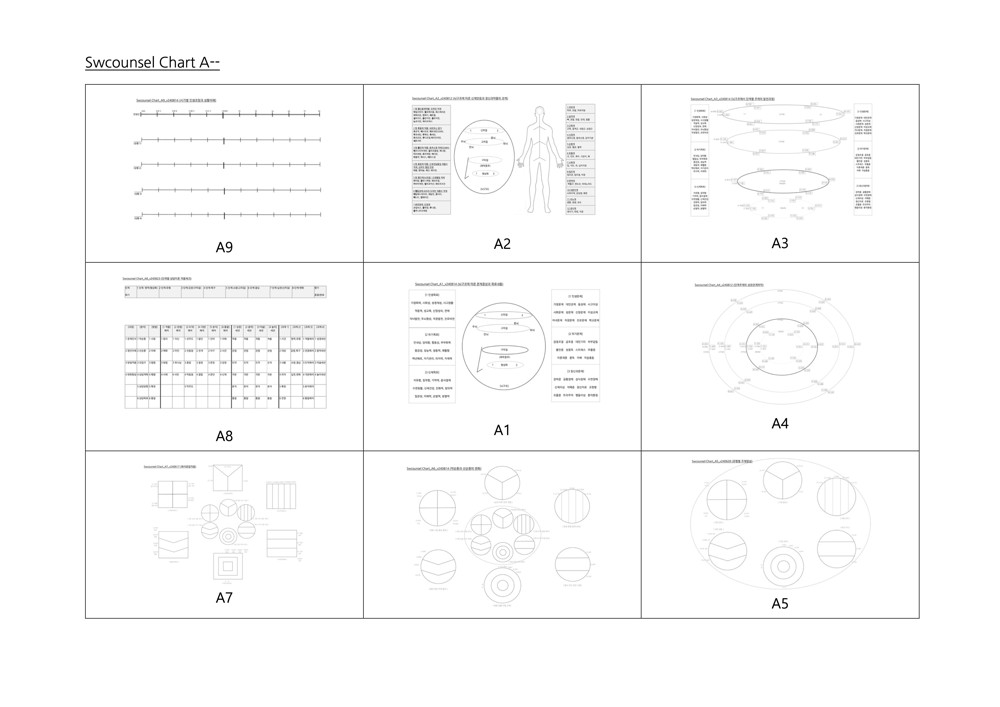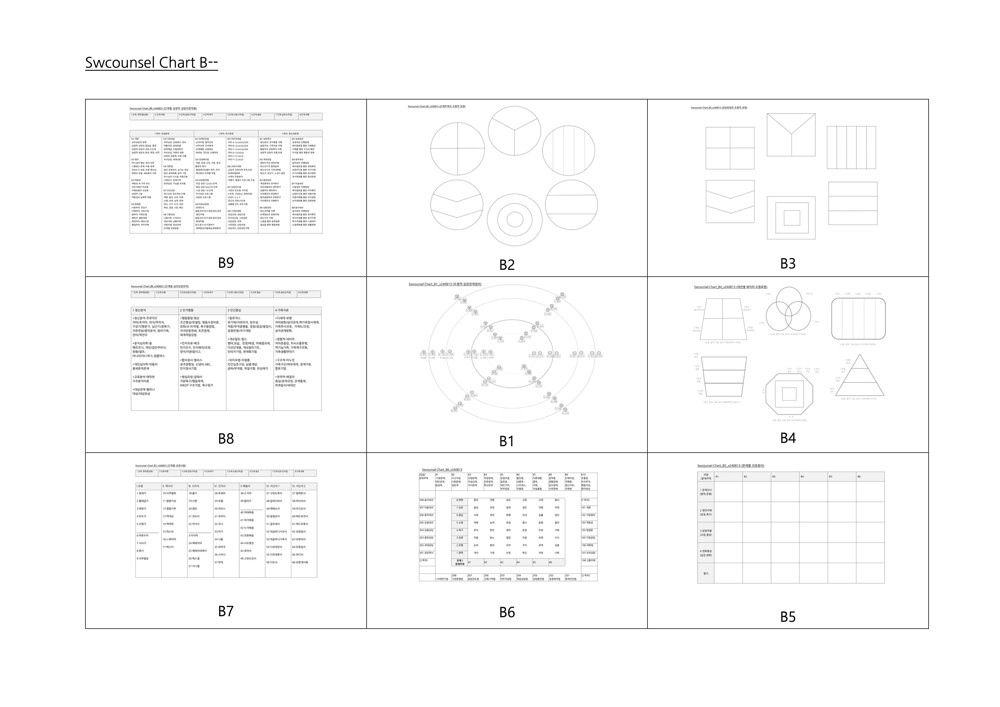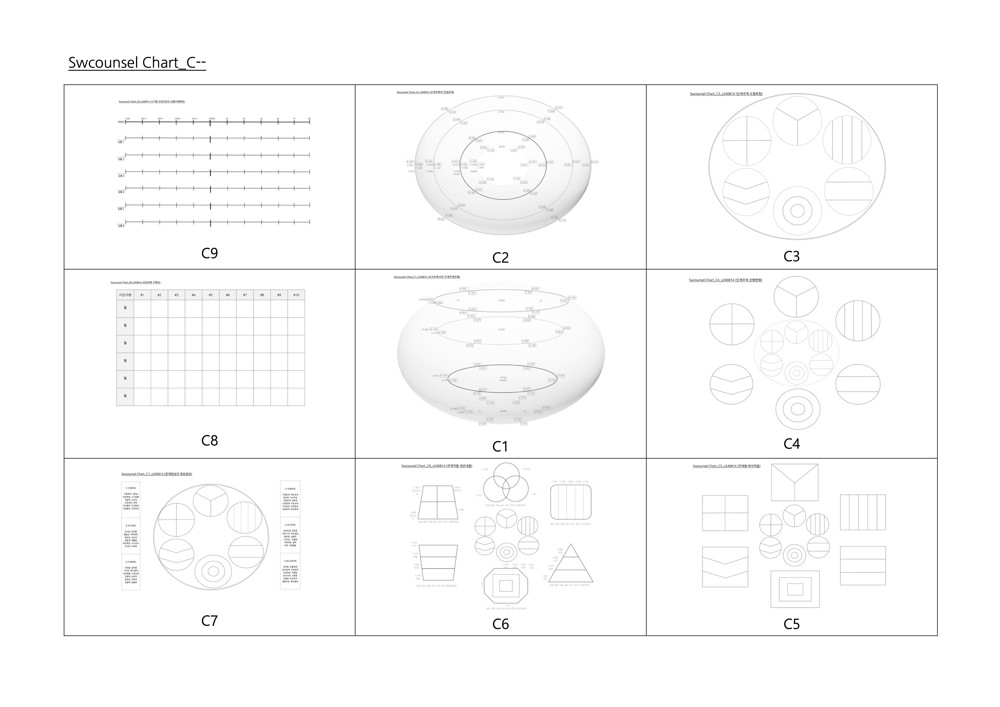초록
Winnicott은 유아의 발달단계에서 초기 어머니와의 관계를 강조한다. 유아는 어머니로부터 충분히 좋은 모성적 돌봄을 통해 건강한 환상과 전능감을 누리며, 놀이와 중간대상이라는 창조물을 누리게 된다. 놀이는 강요받지 않는 자발적이고 창조적인 행위로서 유아의 탁월함을 드러낼 수 있다. 이렇게 자신의 탁월함을 발휘할 수 있는 삶이 진짜자기의 모습이지만, 충분히 좋은 모성적 돌봄을 받지 못했을 때 유아는 현실에 순응하는 삶인 가짜자기의 삶을 살게 된다. 본 연구는 Winnicott의 이론을 기독교상담에 어떻게 적용할 수 있는지를 성인의 놀이로서 상담을 중심으로 고찰하였다. 주로 어린이에게만 국한된다고 여겨지는 놀이가 기독교 성인상담에 왜 필요한지를 논의하며, 상담가로서 예수님의 사역에서 Winnicott이론과 만나는 장면들을 살펴보았다. Winnicott의 진짜자기, 가짜자기, 놀이, 환상, 중간대상과 모성적 돌봄의 개념을 살펴본 뒤, 가짜자기에서 진짜자기의 삶으로 어떻게 방향전환을 하며, 또한 어떻게 기독교상담자가 중간대상으로 역할하며 놀이할 수 없는 내담자를 도울 수 있는지를 제안하였다.
Winnicott emphasizes the relationship between infants and early mothers, enjoying fantasy and omnipotentness through maternal care. They said they would enjoy the creation of a medium object and play. Play is a spontaneous and creative act that can reveal excellence. A life that can display its brilliance is real, but when it is not taken care of by motherhood, infants live by reality. This study looked at Winnicott’s main concept and considered it from the perspective of Christian counseling as an adult game. Discussing why play is necessary for adults, we looked at scenes where as counselors we met with Winnicott theory in Jesus’ quarters. After looking at Winnicott’s concepts of real magnetism,fake porcelain, play, fantasy, intermediate target and maternal care, he proposed how to redirect from fake magnetism to real self–life, and also how to help a cardio counselor who can’t play by acting as middle target.
 한나07
한나07



